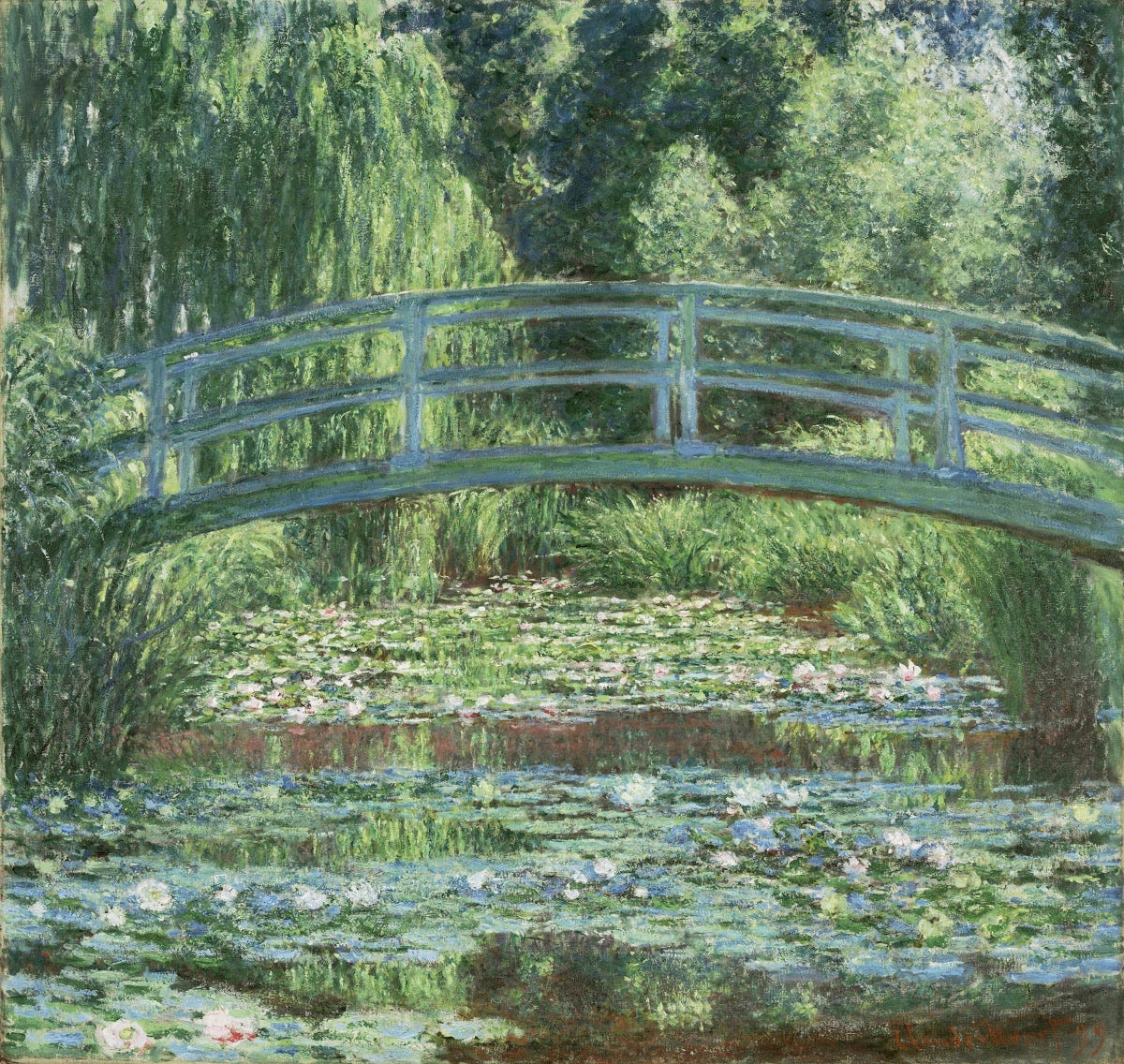The kingdom of ideas
Exploring the outer vs the inner kingdoms
Since starting this blog, my focus has been on exploring the nature of ideas. Recently, to make what I have been saying more practical and relevant to our daily lives, I started applying this exploration to words and terms that we use every day. Words that we talk about understanding in an obvious way. But do we really know the ideas behind them? Or are we stuck on the outside, looking at the surface of their kingdoms?
To make my point clear, imagine a large kingdom surrounded by a moat and massive wall. A wall hundreds of feet high, longer than the great wall of China with no way to possibly see over it. Then imagine that you’re sitting at the outside of the kingdom, looking up at the wall from the ground. You can see the wall very clearly, but since you’ve never been on the other side, you have no idea what’s there. All you see is an expansive wall. And you’d be right to say it’s a wall. But it could very well be the entrance to heaven or the end of a flat earth.
If you were to find a way to see above or pass through the wall, you would realize it surrounds a charming town, castle, fields, and people. Then if you were to walk within or live within the kingdom throughout the seasons, your description of the kingdom would change with your surroundings. People would come and go; weather would change; the kingdom would expand or retract. Much like a living organism. You would experience this kingdom and its changes in your body. You would feel cold, warm, optimistic, hopeful, angry, tired.
If I asked you—as a resident—about the kingdom in the summer your response would be different than if I asked you in the winter, but the answer you described in the winter would be as much the kingdom as the answer that you described in the summer.
Ideas are like this. Claude Monet was famous for painting the same scenes over and over at different times of day and on different days. A simple change in lighting can completely change the painting. And in painting over and over again, discarding his previous work to capture something in a new way, Monet was exploring the nature of ideas. In painting his garden Giverny, a single painting could never capture or be Giverny. But all of the paintings of the garden collectively represent Giverny.

And yet for some reason when we talk about words (which are intended to represent ideas in a universal way), we simply regurgitate what we’ve heard or thought. We stick with a definition and use it as long as we can, without feeling through how this understanding came to be and where it might go.
In keeping with my previous question, I leave you with a letter from John Adams to John Taylor in December of 1814 that reminds us that the idea of democracy is much more difficult to grasp than we blindly assume:
Remember Democracy never lasts long. It soon wastes exhausts and murders itself. There never was a Democracy Yet, that did not commit suicide. It is in vain to Say that Democracy is less vain, less proud, less selfish, less ambitious or less avaricious than Aristocracy or Monarchy. It is not true in Fact and no where appears in history. Those Passions are the same in all Men under all forms of Simple Government, and when unchecked, produce the same Effects of Fraud Violence and Cruelty.
Beyond the fighting and disagreement, beyond the politics and posturing, is it possible that we are describing the same kingdom after all?

